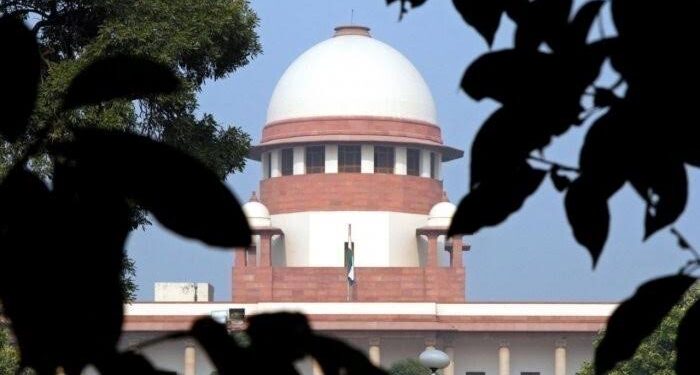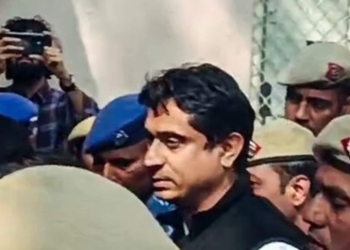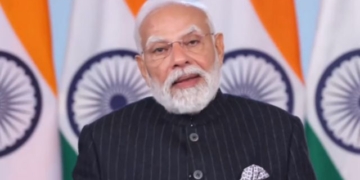The Kerala government has strongly opposed the maintainability of a presidential reference seeking the Supreme Court’s advisory opinion on timelines for the President and Governors to act on state bills. The state argued that the matter has already been conclusively settled by earlier judgments and cannot be revisited through such a reference.
The objection, filed ahead of Tuesday’s hearing, targets the Centre’s use of Article 143 of the Constitution to refer 14 questions to the Supreme Court after its April 8 ruling. That judgment had, for the first time, prescribed specific timelines for constitutional authorities to act on state legislation.
Kerala argued that the reference attempts to “obliquely” challenge the April 8 decision without filing a review petition — a move it described as a “serious misuse” of Article 143. “The reference loses its legitimacy and seeks to mislead the court into setting aside its own judgment, the existence of which has been suppressed,” the state said in its application.
In April, the Supreme Court held that:
Governors must act within three months if they withhold or reserve a bill for presidential assent.
If a bill is re-enacted by a state legislature, assent must be granted within a month.
The President must decide within three months of receiving a bill.
The ruling struck down Tamil Nadu Governor RN Ravi’s move to reserve ten re-enacted bills for presidential assent after previously withholding approval. The court deemed such withholding “illegal” and held that the bills would be considered “assented to” by default.
Kerala’s application, filed through advocate CK Sasi, criticized the reference as an attempt to secure a contradictory ruling on the time frame outlined under Article 200 of the Constitution. It emphasized that the article already mandates action “as soon as possible” and that this has been upheld by at least three prior Supreme Court judgments.
“The reference is being used as a device to obtain decisions on vital constitutional issues by suppressing final findings already rendered,” the application stated. It urged the court to dismiss the reference, stating that it lacked legal foundation and amounted to an abuse of the constitutional provision.





























